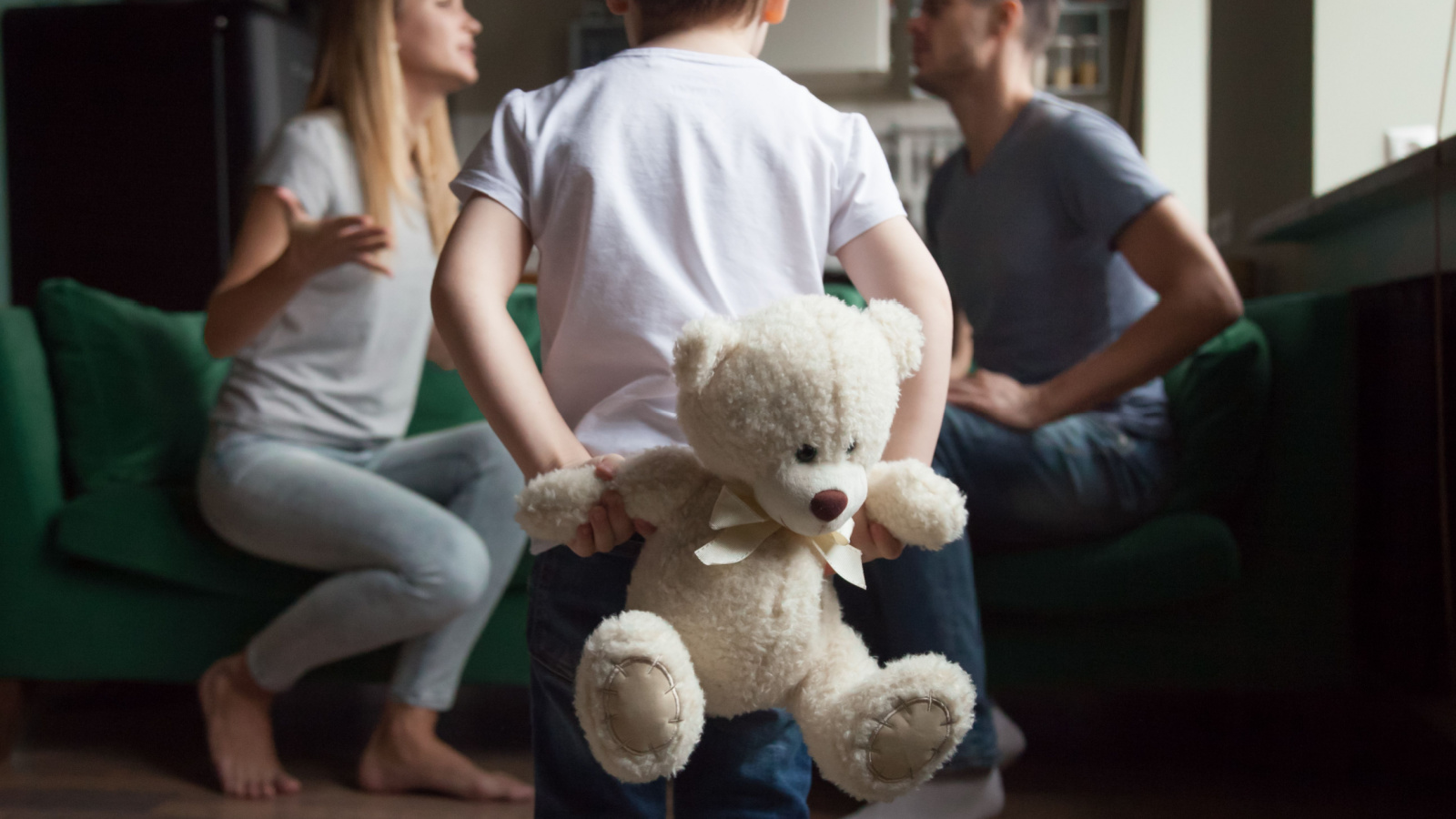Child Abuse and Neglect Laws in St. Louis and Missouri
Missouri, like most other states, has passed a number of laws and imposed requirements in recent years to strengthen its child abuse/neglect laws in the wake of nationally publicized child abuse cases.
Protect your rights and freedom with Combs Waterkotte. Contact one of our criminal defense lawyers today at (314) 900-HELP for a confidential consultation.
Since 2004, a large group of people (including medical professionals, teachers, first responders, religious ministers, and "any other person with the responsibility for the care of children") are classified as "mandatory reporters". They must report any suspected child abuse or neglect to the Missouri Department of Social Services, specifically identifying themselves by name when doing so. The DSS takes these reports seriously--false reports are considered illegal and punishable as a class A misdemeanor, the same as failing to report abuse when required by law.
The state of Missouri's child abuse laws can be found at Missouri Revised Statute §210.110 and Missouri Revised Statute §568.060. Abuse or neglect of a child starts out as a class D felony, which is punishable by up to seven years in prison and a fine of no more than $10,000. The law also stipulates that those convicted of child abuse/neglect in Missouri are ineligible for parole until they have served one year of their sentence. However, as the severity of the abuse or neglect increases, so does the punishment: if "serious emotional or physical injury" was inflicted, the minimum punishment is a class B felony, which carries with it 5-15 years in prison and a parole ineligibility of five years for child abuse convictions. And if child abuse involved sexual abuse/exploitation of someone under 14 years of age, or results in injuries which lead to a fatality, the charges are automatically a class A felony (10-30 years in prison, with a minimum 15 years before parole can be granted).
Child abuse and neglect cases are also reviewed by the DSS to determine if parents might lose custody of their children as a result. The DSS operates on a "preponderance of evidence" standard, which is different (and much less strict) than the standard used in criminal trials. If found responsible, the accused may appeal these decisions to the Child Abuse and Neglect Review Board (CANRB), which is composed of independent adjudicators that can further review cases. If found guilty of abuse, the state can revoke custody of a child from their parents and place children in alternative custody, such as with relatives or in foster care.












































